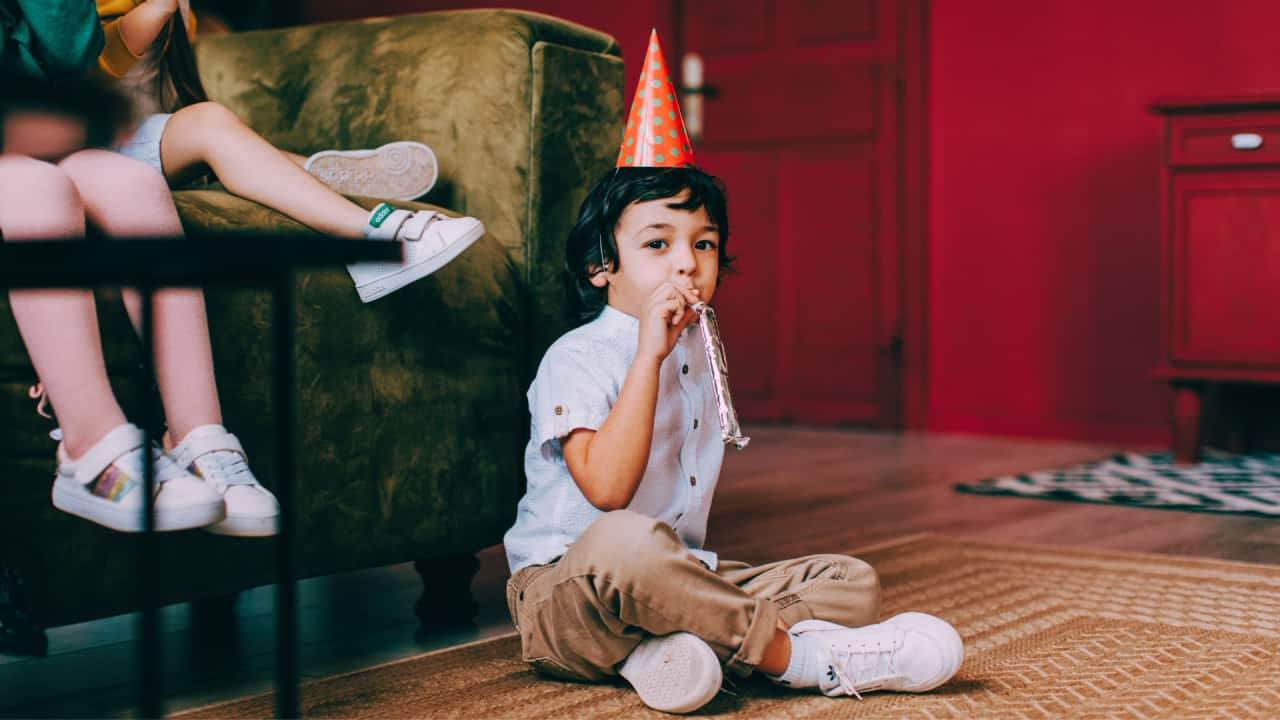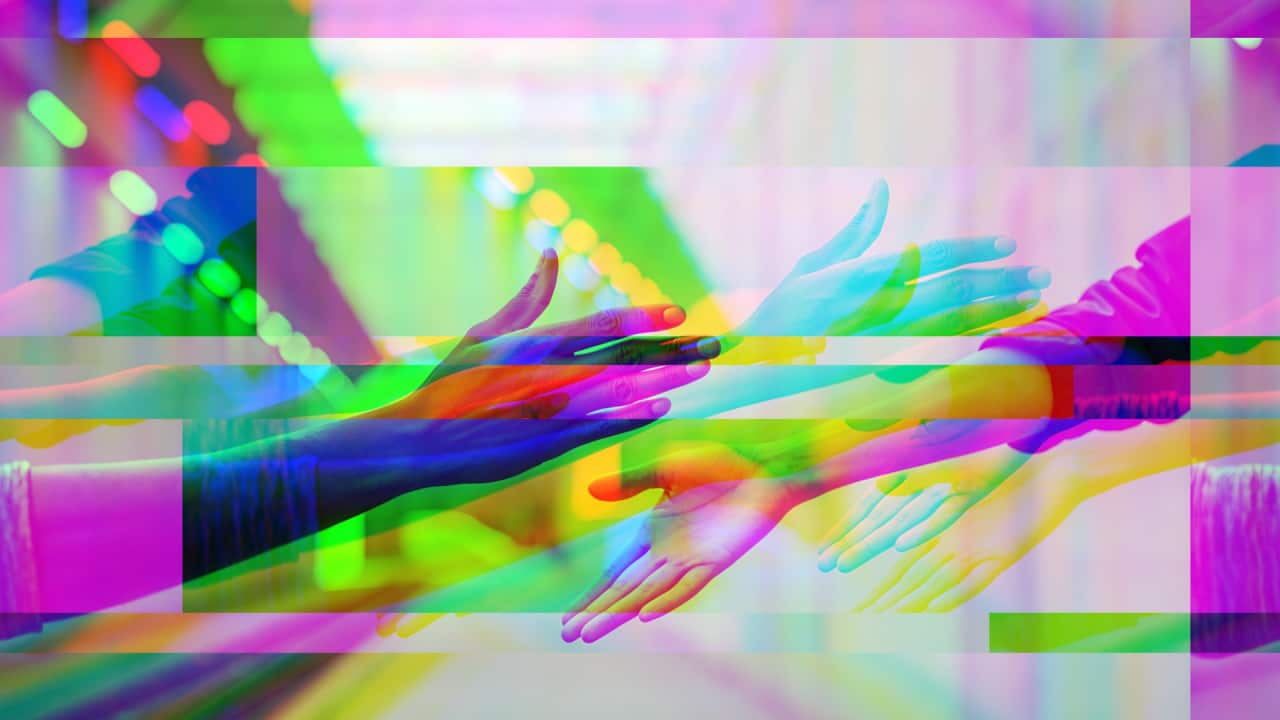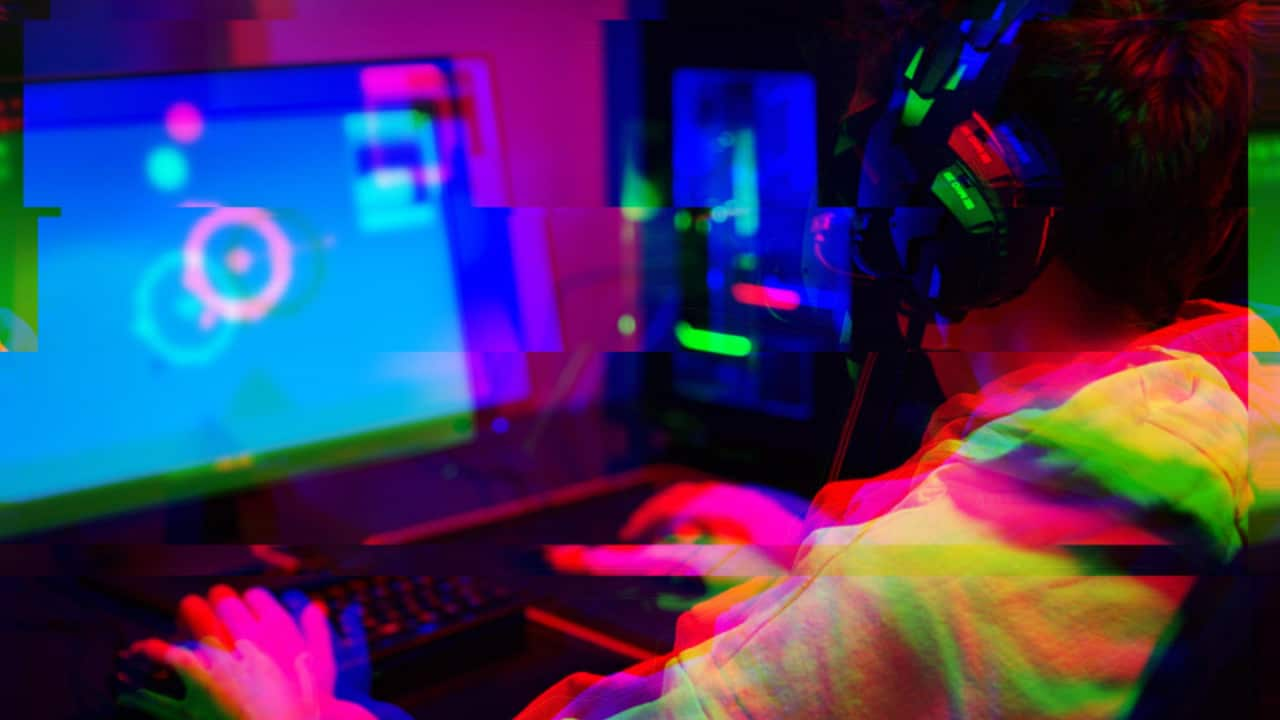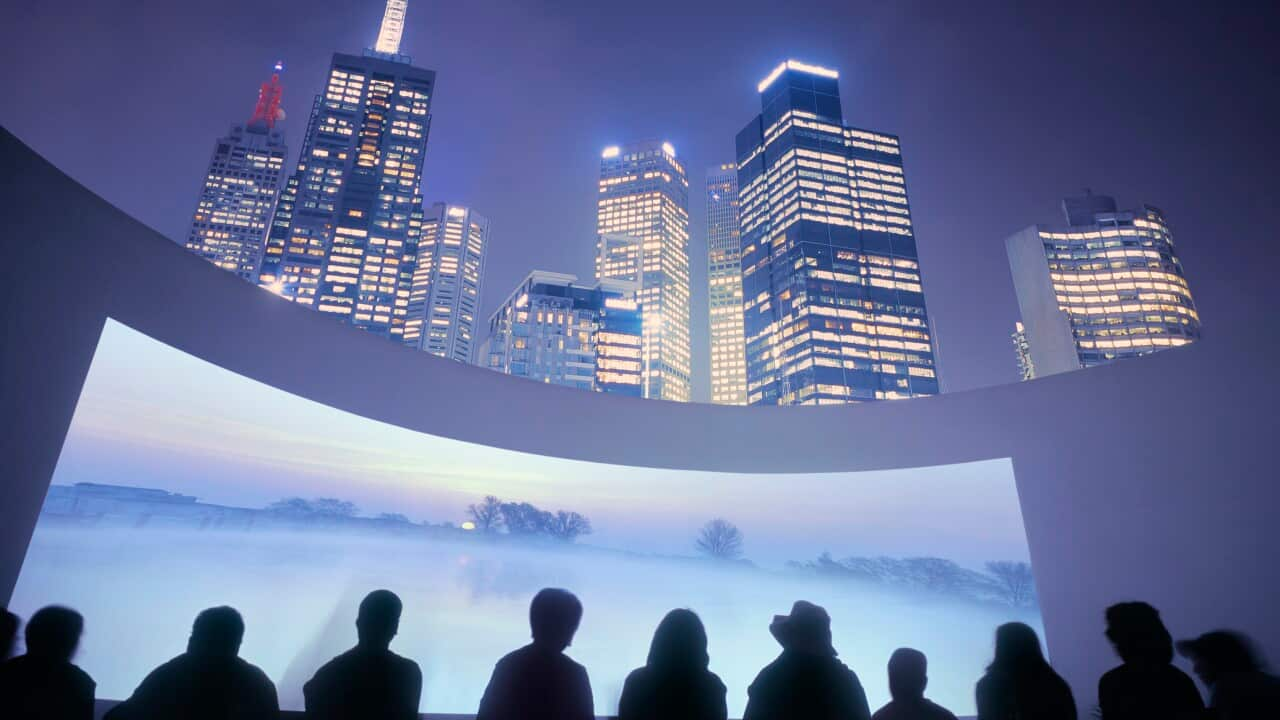Nor Shanino experienced racism growing up in Australia, as a young person with an African background.
He told SBS Examines there have been big changes in how racism is viewed in his community in just one generation.
"It was only when young people went and talked to legal aid ... You could see parents just being like, 'what, you're suing the police?' The parents were afraid of retaliation from the police, actual physical harm, because of the reality and the world and where they came from."
Tigist Kebede is a trauma counsellor who works with young people from African cultural backgrounds.
She said younger generations tend to disclose experiencing subtle or everyday forms of racism, while older generations may have experienced more overt or systemic racism.
But she said that divide has started to narrow, following anti-immigration rallies and anti-African media and community sentiments over the past few years.
There has been a bridge between generations.
"That has resulted in younger generations working with the older generations in tackling not only the experiences of racism, but the solutions," Ms Kebede told SBS Examines.
This episode of Understanding Hate looks at how people of African descent are addressing racism within their own communities and between generations.








